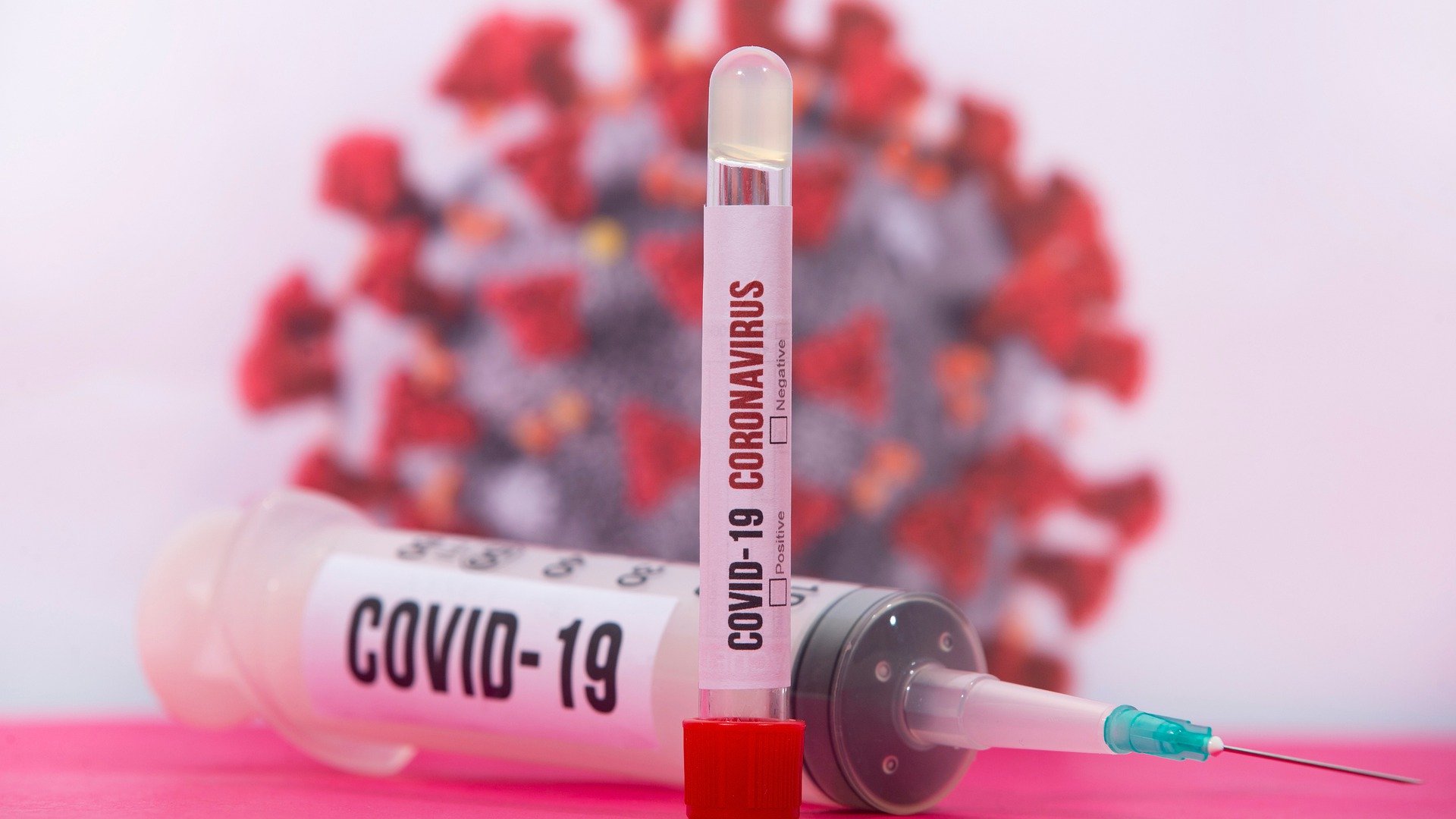Scientists have developed a prototype of a rapid Covid-19 test using a simple-to-use portable instrument for reading the results with a smartphone in 30 minutes.
This is a significant innovation, which also involved an Indian-origin scientist, may enable point-of-care diagnosis which will not require sending samples to a lab.
The study has published in the journal PNAS.
Currently, Covid testing faces many bottlenecks. In countries like India, there is a long waiting times to see the confirmed result.
“If such a device and test were available, we could test for Covid-19 at public events, auditoriums, large gatherings and potentially even at home for self-testing. The results could be sent back to the appropriate public health system for coordination,” said Rashid Bashir, a professor of bioengineering at the University of Illinois, Urbana-Champaign in the US.
Taking a sample from individuals having Coid-19 symptoms with a long nasopharyngeal swab is one of the most common methods being used currently to test for the novel coronavirus.
Swab is put into a substance called viral transport media, and send to a lab for extracting, isolating, and multiplying the viral genetic material.
This method is known as RT-PCR, and requires several temperature fluctuation cycles. Without trained staff and specialised equipment RT-PCR test can’t be conducted.
In the current research, the scientists used a simpler process to analyse the viral transport media, called LAMP, which bypasses the RNA extraction and purification steps.
“LAMP only needs one temperature – 65 C – so it is much easier to control,” said Anurup Ganguli, the first author of the study.
“Also, LAMP works more robustly than PCR, especially when there are contaminants in the test sample. We can just briefly heat the sample, break open the virus, and detect the genetic sequence that specifically identifies SARS-CoV-2,” Ganguli said.











